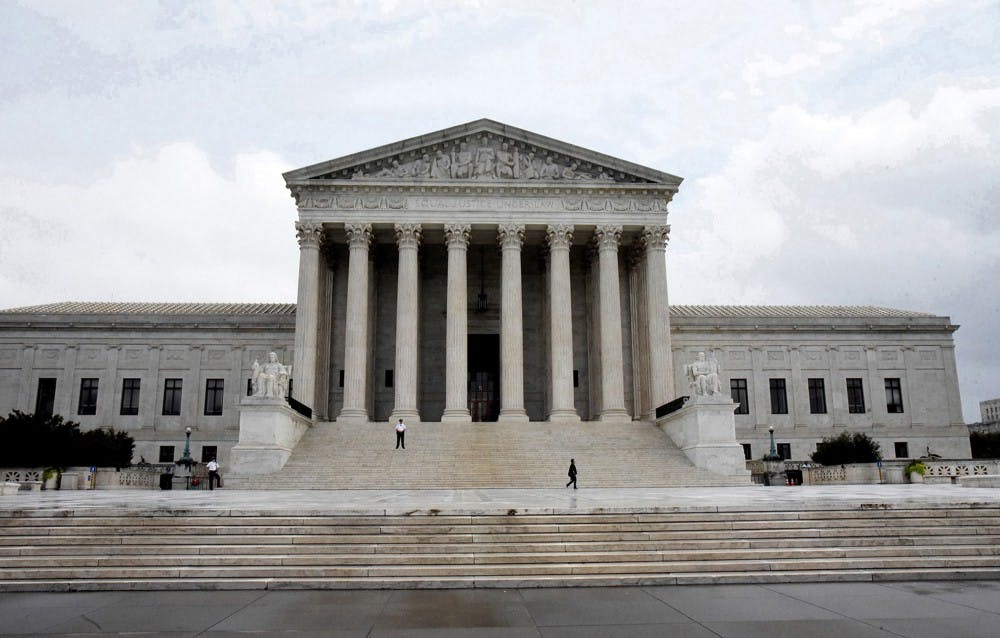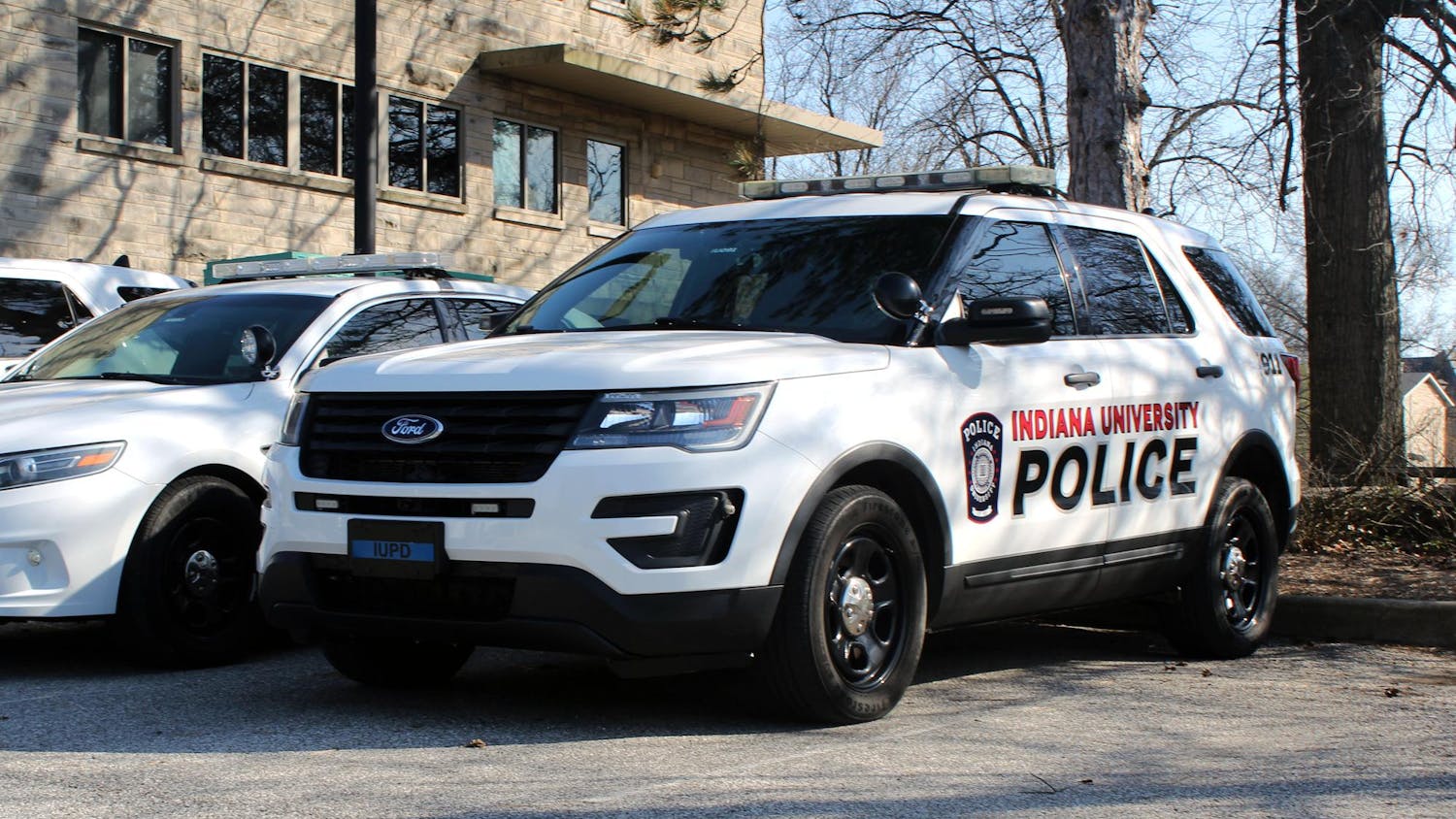By David G. Savage
Los Angeles Times
WASHINGTON — The Supreme Court hears arguments today on whether the Civil Rights Act of 1964 forbids employers from firing people because of their sexual orientation or gender identity.
The question for the justices boils down to the meaning of the word "sex."
The historic law says companies as well as public agencies may not discriminate against employees because of "sex." This had been understood for decades as protecting women from being denied jobs or promotions that went to men instead.
But in recent years, the U.S. Equal Employment Opportunity Commission, which enforces the law, decided it also protects gays, lesbians and transgender employees. It did soby concluding that discrimination based on sexual orientation or gender identity is illegal discrimination because of sex. U.S. appeals courts in New York and Chicago similarly found the law applies to gay and lesbian workers, while the Cincinnati appeals court said it applies to transgender people.
Under President Donald Trump, the Justice Department will argue that the law should not cover gay, lesbian and transgender workers.
It is the first significant gay rights case before the high court since Justice Brett M. Kavanaugh replaced the retired Justice Anthony M. Kennedy. Though a moderate conservative, Kennedy wrote all of the court's opinions upholding the rights of gays and lesbians, including the 2015 decision upholding the right to marry for same-sex couples.
At present, federal anti-discrimination laws do not protect gays, lesbians or transgender workers. The House under Democratic control passed the Equality Act in May to amend the Civil Rights Act and to prohibit discrimination on the basis of "sexual orientation, gender identity, pregnancy (or) childbirth." But the measure is stalled in the Republican-controlled Senate.
California and 21 other states forbid discrimination based on sexual orientation, and several other states have such protections for public employees. But there are few such protections in the South and much of the Midwest and Great Plains.
The justices will hear arguments in three cases: two involving gay men and one involving a transgender woman.
Gerald Bostock said he was fired from his position as a child welfare services coordinator in Clayton County, Georgia, not long after he joined a gay softball league. He appealed in Bostock vs. Clayton County after his discrimination suit was tossed out.
In 2010, Donald Zarda was fired from his job as a sky-diving instructor in New York after jokingly assuring a woman customer she had nothing to fear from being strapped to him in the air because he was gay. He later died in an accident, but his sister has pursued his suit in Altitude Express vs. Zarda.
Aimee Stephens said she was fired from her job at a family-run funeral home in Detroit after she returned from a vacation as a woman. The EEOC sued on her behalf, but the court will hear the employer's appeal in R.G. & G.R. Harris Funeral Homes vs. EEOC.




